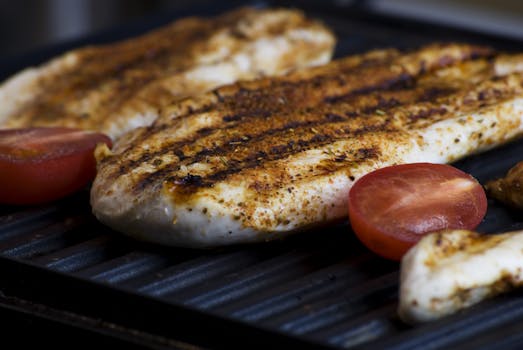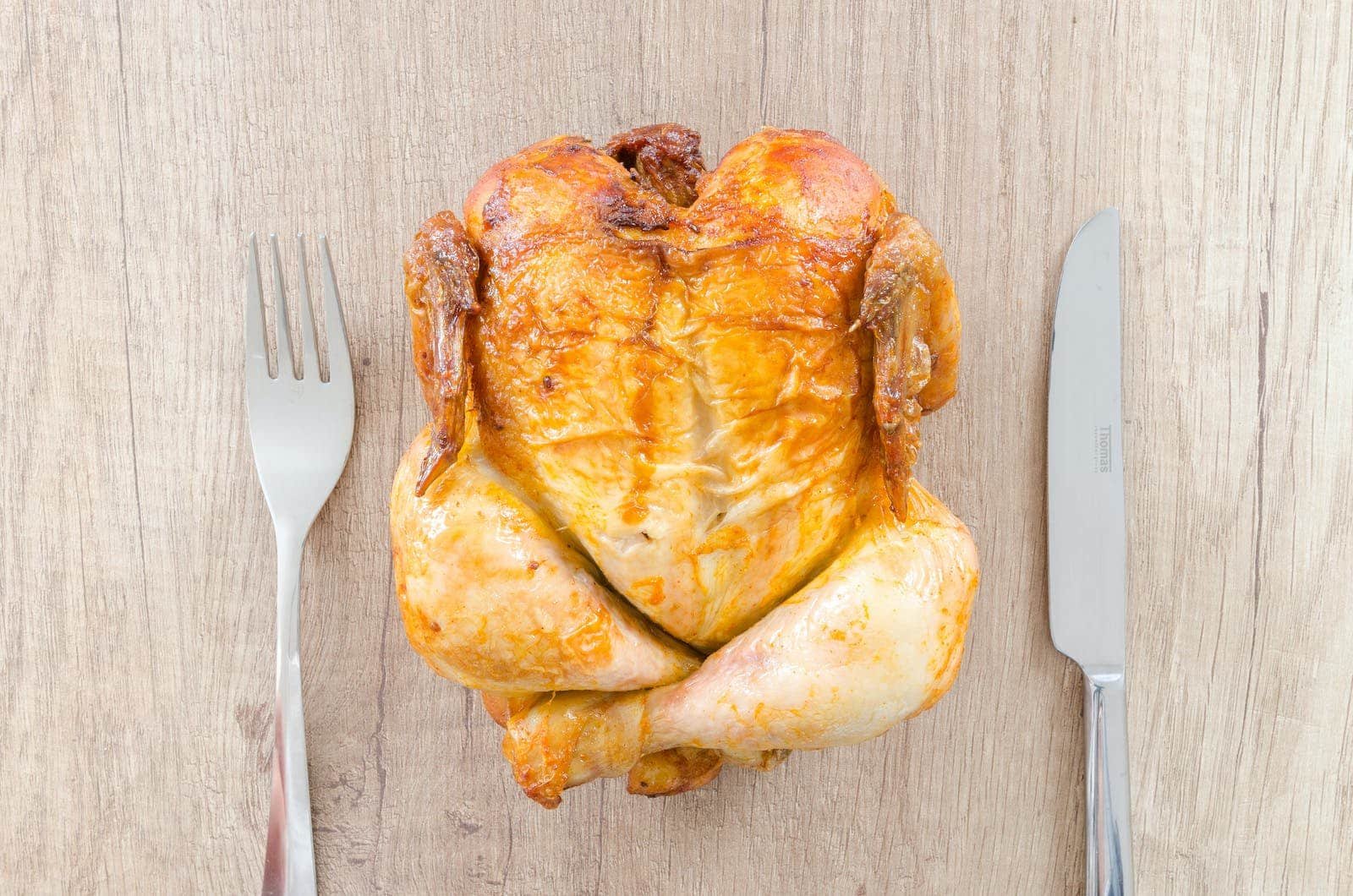Freezer burn is like the boogeyman of the frozen world, often misunderstood and much maligned. But fear not, because today, we’re going to unravel the mystery surrounding those frosty fowls. With a sprinkle of science, a dash of dad wisdom, and some hearty facts from the CDC and FDA, we’ll get to the bottom of whether you should cook that chicken or let it go (yes, that’s a frozen pun).
Let’s dive into the icy waters of food preservation and find out what freezer burn really is, whether it’s safe to eat, and how we can prevent our chicken from turning into a science experiment. And remember, food safety is not just about avoiding the bad; it’s about savoring the good, safely.
First things first, let’s talk about what freezer burn actually is. Freezer burn happens when food is damaged by dehydration and oxidation due to air reaching the food. It usually manifests as grayish-brown leathery spots on frozen food. This occurs when the food isn’t wrapped tightly enough, and moisture escapes and then refreezes. This can change the texture and flavor of the chicken, making it a bit… let’s say, less than appetizing.

The million-dollar question: Is freezer-burnt chicken safe to eat? According to the USDA, eating food that has freezer burn doesn’t pose a risk to your health. It’s not a food safety issue, but more of a food quality issue. So, if you can handle the idea of potentially tougher and less flavorful chicken, you’re good to go.
Now, if that chicken was already questionable before it got burnt (like, if it was left out too long before freezing), that’s a different story. Always remember the golden rule: If in doubt, throw it out!
While freezer-burnt chicken is safe to eat, you’ll likely notice a difference in its taste and texture. The parts with freezer burn may be dry and chewy, which can be a rather unpleasant dining experience. In terms of nutrition, while there might be a slight decrease in some water-soluble vitamins, the protein content and major nutrients will mostly stay intact.
So, how do we prevent our poultry from getting all parched? Here are some quick tips:
If you decide to brave the freezer-burnt chicken, cooking it with moist-heat methods can help improve its texture. Think slow cooker stews, soups, or casseroles, where the chicken can absorb some of the liquid and rehydrate a bit. Marinating and seasoning well can also help mask any off-flavors.


